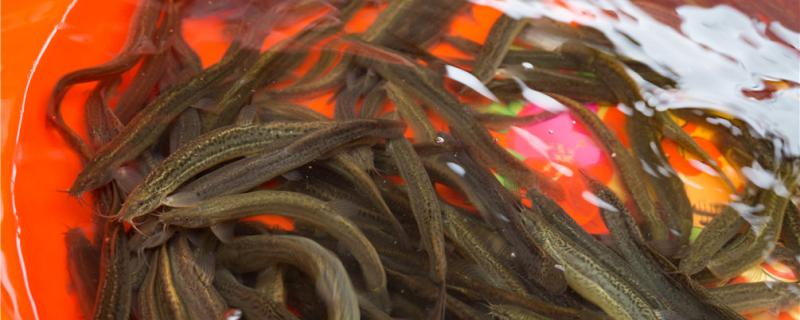 What do
What do with? Fish breathe with their gills. Because they live in water, they must absorb oxygen from the water, so they need organs such as gills. When the water flows through, the dense blood vessels in the gill filaments will contact with the water flow, thus completing the gas exchange. Once out of the water, the gill filaments will stick together, so that it can not play the role of oxygen uptake, so it will gradually die of hypoxia. However, some fish have auxiliary respiratory organs and can survive for a short time after leaving the water.
are the auxiliary respiratory organs? 1. Swim bladder: Swim bladder is the landmark organ of bony fish. It is mainly responsible for regulating the gas in the body of fish, thus changing its density, so that it can float and dive in the water. But for African lungfish, the swim bladder has another function, storing oxygen and breathing through it.
2. Skin: In the northwest Atlantic coastal region, there is a mudskipper, which can not only survive in the water, but also breathe out of the water, relying on the skin and oral mucosa. And with its special structure, it can also move on land and even jump into trees.
3. Intestinal tract: In addition to breathing with swim bladder and skin, some fish can breathe with the help of intestinal tract, such as loach. It mainly lives in the bottom of the water body, likes to drill into the mud, as long as there is a small amount of water, generally will not die.